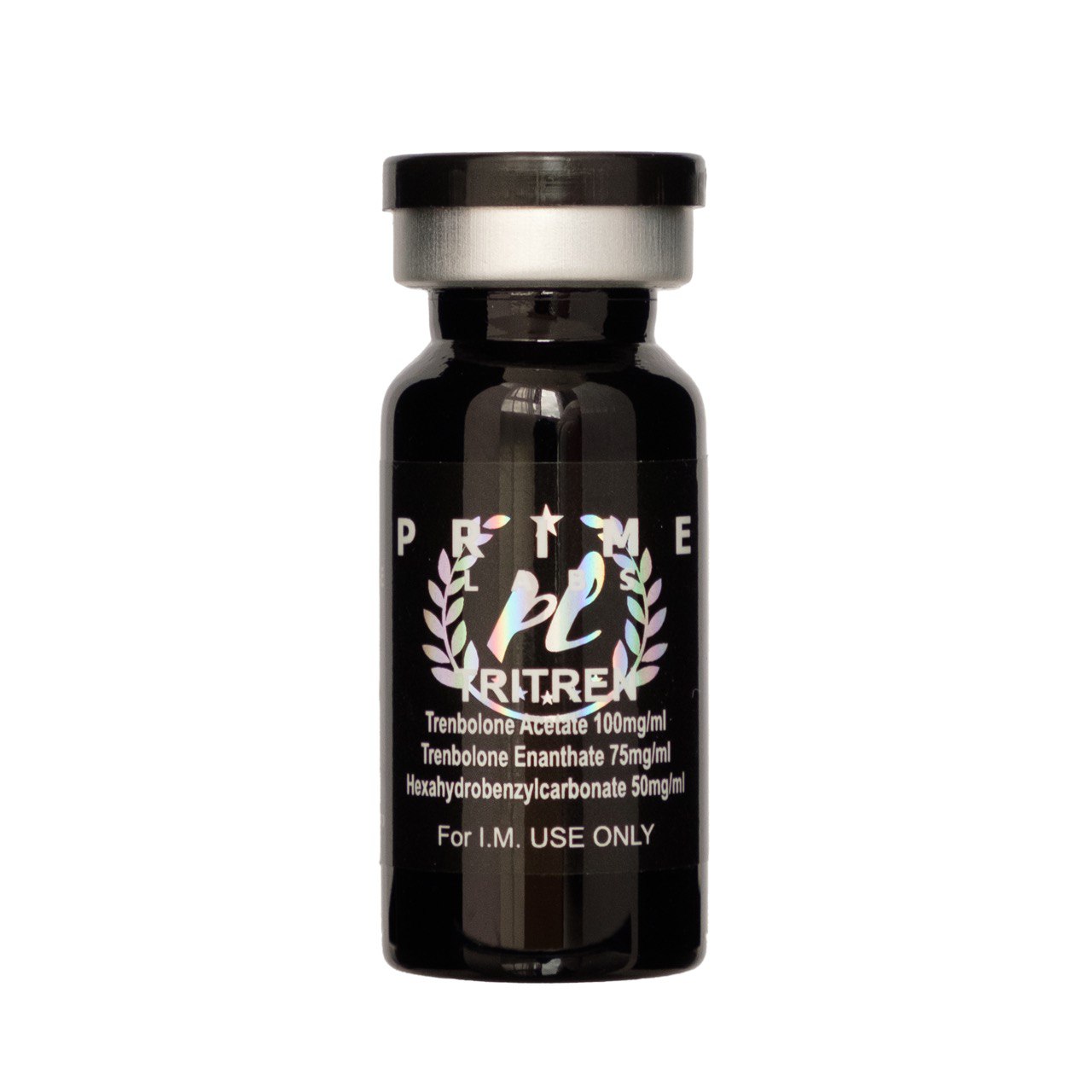
When you're prescribed an intramuscular injection, it's not just the needle that might sting. Sometimes, side effects like the infamous "Tren Cough" can catch you off-guard, turning a routine dose into a distressing ordeal. Imagine you've just received your shot, and suddenly, your chest tightens, and a coughing fit ensues. It's alarming, yes, but understanding why this happens and how to manage it can make all the difference. In this article, we'll explore practical tips for handling such reactions and ensuring your safety during treatment. By the end, you'll be more informed and better equipped to deal with these acute side effects.
Understanding Tren Cough
Tren Cough is a brief but intense coughing spell that occurs immediately after an injection of certain steroids, like Trenbolone. The cough is typically non-contagious and is thought to be caused by small amounts of the oily solvent used in the steroid preparation entering the bloodstream. This irritates the lungs, leading to a sudden, though usually short-lived, coughing fit. Symptoms can include:
- Rapid onset of coughing
- Tightness in the chest
- Shortness of breath
- A metallic taste in the mouth
Recognizing these symptoms early can help you respond appropriately and remain calm during an episode.
Proper Injection Techniques
Ensuring you use proper injection techniques can significantly reduce the risk of experiencing Tren Cough. Here are some tips to keep in mind:
- Inject Slowly: Inject the solution slowly to minimize the risk of the solution entering a blood vessel, which can lead to coughing spells.
- Correct Needle Placement: Make sure the needle is properly placed in the muscle tissue. Improper placement can increase the risk of complications.
- Aspiration Technique: Before injecting, pull back the plunger slightly to check if you've hit a blood vessel. If blood enters the syringe, remove the needle, replace it, and try a different site.
Adhering to these techniques not only helps avoid Tren Cough but also other potential complications associated with intramuscular injections.
Immediate Response
When you experience a sudden bout of Tren Cough, the key is to stay calm. Panicking can exacerbate the situation, making it feel even more overwhelming. Here's what you can do immediately:
- Stay Calm and Breathe Slowly: Try to control your breathing. Slow, deep breaths can help manage the coughing and reduce the feeling of tightness in your chest.
- Sit Down: If possible, sit or lean against a stable surface to prevent dizziness or fainting during intense coughing.
- Keep Hydrated: Sipping water can soothe the throat and ease the coughing reflex.
These immediate actions are simple but effective in managing the acute phase of Tren Cough until it subsides naturally.
When to Seek Medical Help
While Tren Cough typically resolves on its own within a few minutes, it's crucial to know when to seek medical assistance. Watch for the following signs that indicate a more serious issue:
- Prolonged Coughing: If the cough lasts longer than a few minutes without any sign of subsiding.
- Severe Respiratory Symptoms: Difficulty breathing, wheezing, or a feeling of choking that doesn't quickly resolve.
- Disorientation or Severe Dizziness: Any signs of significant discomfort or confusion during or after the episode.
If you experience any of these symptoms, it's important to seek professional medical advice promptly. It might indicate an allergic reaction or another serious complication that requires immediate attention.
Conclusion
Dealing with side effects like Tren Cough can be unsettling, but with the right knowledge and techniques, you can manage these situations effectively. Remember, while it's essential to stay calm during an episode, being prepared on how to handle such occurrences is equally important. Always ensure your injection techniques are sound, and don't hesitate to sustanon 250 for sale https://misterolympia.shop/product/sustanon-250-magnus-usa-domesitc/ if symptoms persist or you need professional advice. Awareness and preparedness are your best tools for managing the side effects of intramuscular injections.
